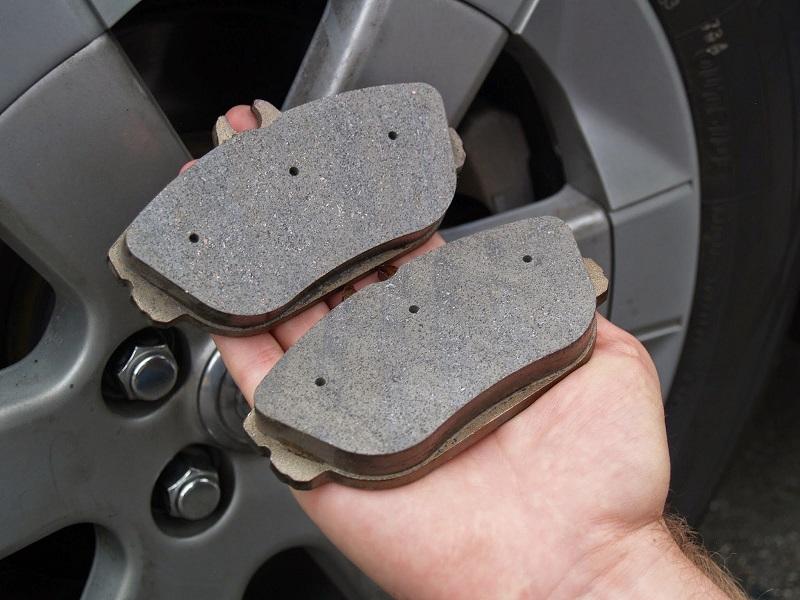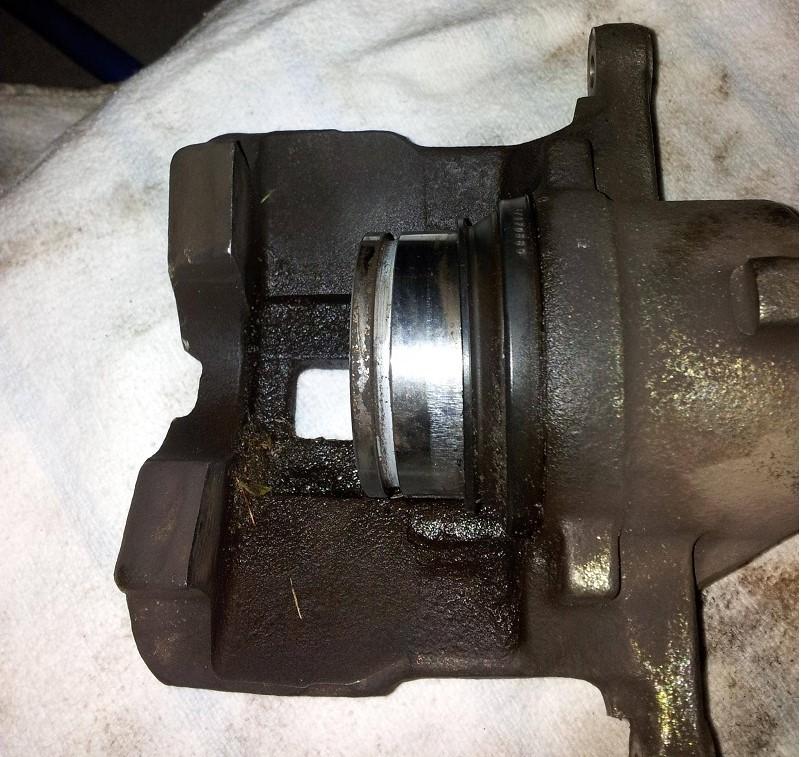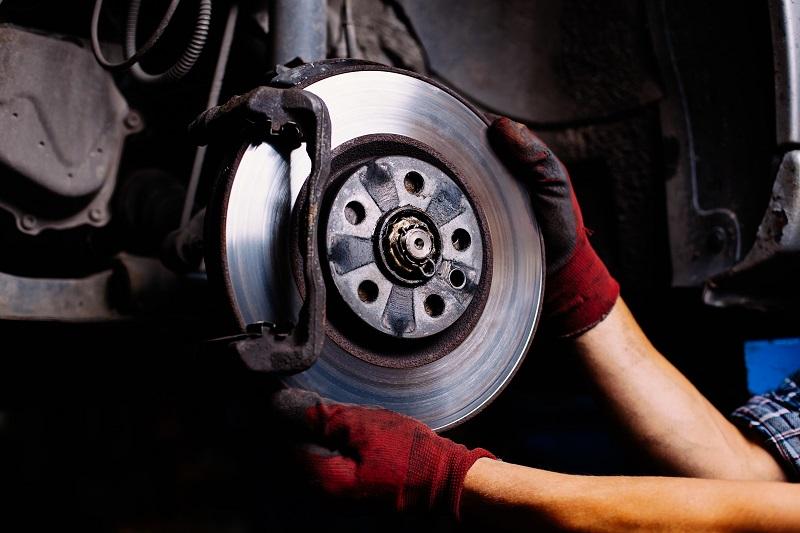You feel like taking a long drive during a nice, sunny day. You take your convertible out of the garage and hit the road in no time while whistling to Maroon 5’s Moves Like Jagger. But, ssssshhh…what’s that? Why is the high-end stereo cranking squeaks and shrills instead of the catchy music? Does the noise is actually the squeaky brakes? Does that mean you are in trouble although the brakes work just fine?
Because brakes are an indispensable component of a vehicle, it’s important to any noise coming out of it. Squeaky brakes can be scary because the braking system is a crucial safety system. However, some brake noises are normal as there are created by various driving conditions including sudden hard braking, sandy roads, dusty trails, and even humidity. But, you should check some components to be on the safe side when you hear such noises.
Contents
The Parts to Check When You Face the Squeaky Brakes Problem
The braking system in a modern car consists of a cast iron disc (or rotor) placed between two brake pads surrounded with friction material. All of these components are mounted on a caliper. Applying the brake causes the pads to come down hard on the rotors, and creating friction in the result.
Let’s see what causes brakes to squeak:
Lesson 1: Rusty Rotor
Squeaking brakes could be the result of rust collected on the brake rotors. Many things including condensation, dew, or moisture could gather on the rotor’s surface when the car sits idle and create a thick rusty layer. The pads scrape that rust off the rotor surface and it gets stuck there. The rust particles get embedded there over time and cause squeaky brakes. Keeping your car in a climate-controlled garage will not allow the collection of rust.
Lesson 2: Worn out Brake Pads
The brake pads wear out over time and become extremely thin at one point. At that point, the brakes make squeaking noise to warn the driver about the used up pads. Manufacturers weld or attach metal tabs, push-on clips or a rivet to the pad’s backing. When the brake pads wear out, these things hit the rotor and create a metal-on-metal sound. You will need to change the pads to stop the annoying noise.

Lesson 3: Lack of Insulation Shims
The brake pads have insulation shims against their steel backing. The shim works as a separator between the pad and the caliper and prevents the brakes from making the annoying sounds. However, these shims get used up over time and can no more do the job they are supposed to do. Either the shims have to be replaced or silicone gel has to be put in that place to prevent the noises.
Lesson 4: Brake Pads Contain a High Metal Ratio
How much metal is there in the brake pads? A little. However, the cheap products usually contain a high ratio of metal elements. These pads are made with big pieces of metal pressed with other standard materials. The cheap, bulky metal chunks drag on the rotor and yield squeak-like noises. So, you should never install cheap brake pads into your car. The quality ones could be twenty dollars more or so and that little extra amount will ensure road safety and save from spending way more on expensive repairs.
SEE MORE
- Scrapping Sound at the Time of Driving? Learn What You Should Do
- Find out the Truth about Brake Pad’s Longevity
Lesson 5: Stuck Brake Calipers
When the calipers stick, they don’t let the brake being applied fully. As a result, the pad does not get any break in its contact with the rotor, yielding excessive friction and heat and forming crystallization on both rotors and pads. The hardened surfaces produce less friction than necessary, robbing the braking power and creating squeaky sounds. The pads and rotors need replacement to get rid of this squeaky brakes issue.

>> Finding a suitable Japan cheap used car for yourself? Click here <<
Lesson 6: Broken Anti-Rattle Clips
The pad stays loosely hold the pad on the caliper. The component that keeps it secure to its place and doesn’t let it create vibration at the time of brake application is an anti-rattle clip. If this clip is broken or used up, the excessive pad vibration will make the brakes creating squealing noises. In this case, you have to replace the clips to get rid of this issue.
Lesson 7: Dry Drum Brakes
If squeaks are coming from the rear brakes, you can be dead sure that the source of the sound is the dry contact points between the shoe and the backing plate. If you don’t keep these spots lubricated, rust will form on the metal parts, which the shoes will scrape against the plate. As a result, every time you push the brake pedal, you will hear a rhythmic squeaking sound. Keeping the contact points lubricated is the solution. But, if the involved parts are already worn out, you have to replace the backing plates and shoes.
Hopefully you will get deeply understand about what makes squeaky brakes, if you have any question about this problem, feel free to leave us a comment in the box below.



